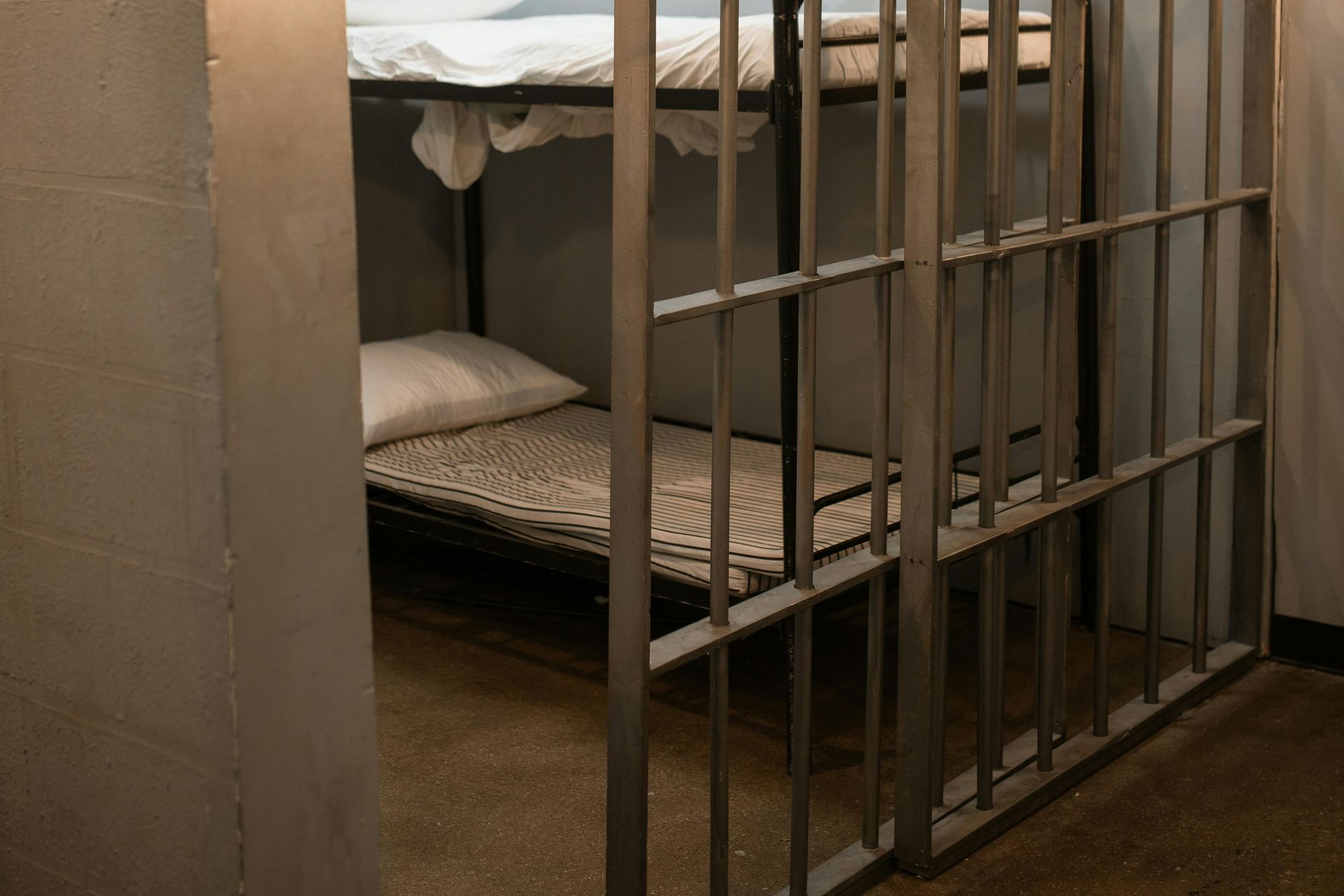Shoplifting Charges in Pennsylvania
Facing shoplifting charges can be a confusing and often overwhelming experience. Folks dealing with retail theft charges must know what to expect as Pennsylvania authorities strive to pursue offenders. According to 2022 numbers from the Pennsylvania State Police, there were over 150,000 reported theft cases, including shoplifting. That is why charged individuals must understand their rights and options to get a fair defense.
At the Strand Law Offices, LLC, we take a straight-forward approach. We present our clients with the pros and cons of their cases so they can make the best decisions. We understand our clients are the captain of their ships. So, we put our two decades of experience at the service of the West Chester, Pennsylvania, community. We proudly serve the people of Lancaster County and surrounding counties throughout Pennsylvania. Take your first steps towards protecting your right to a fair defense, and reach out today.
Shoplifting Charges Under Pennsylvania Law
Shoplifting refers to the act of taking merchandise from a retail store without paying for it or without the intention of paying for it. Shoplifting is considered a form of theft under Pennsylvania law. Consequently, individuals charged with shoplifting can expect the prosecution to seek the maximum sentence as allowed by law.
The following situations highlight examples of shoplifting in Pennsylvania:
- concealing merchandise in a bag, pocket, or clothing
- swapping price tags or labels on merchandise to pay a lower price
- removing security tags or sensors from the merchandise
- eating or drinking food items in the store without paying for them
- returning items for a refund that were not actually purchased
- attempting to leave the store without paying for merchandise at the checkout
While some of these situations may result from an honest accident, it is always important to consult with a professional criminal defense attorney to determine the charged individual’s defenses to shoplifting charges.
Classification of Shoplifting Charges in Pennsylvania
In Pennsylvania, shoplifting charges can be classified based on the value of the stolen merchandise and the defendant’s criminal history. Here are the three main classifications of shoplifting charges in Pennsylvania:
- Summary Offense. If the value of the stolen merchandise is less than $150 and the defendant has no prior criminal record, shoplifting is considered a summary offense. This classification is the least serious type of offense in Pennsylvania. It is punishable by a fine and/or community service.
- Misdemeanor. If the value of the stolen merchandise is between $150 and $2,000, or the defendant has a prior criminal record, shoplifting is considered a misdemeanor. Misdemeanor shoplifting charges can range from a second-degree misdemeanor to a first-degree misdemeanor, depending on the case’s specific circumstances. Penalties for misdemeanor shoplifting can include fines, restitution, and imprisonment for up to five years.
- Felony. If the value of the stolen merchandise is over $2,000 or if the defendant has a prior record of theft-related offenses, shoplifting is considered a felony. Felony shoplifting charges can range from a third-degree felony to a first-degree felony, depending on the value of the stolen merchandise and the defendant’s criminal history. Penalties for felony shoplifting can include fines, restitution, and imprisonment for up to 20 years.
An experienced criminal defense attorney can help charged individuals by working with prosecutors to set the appropriate charges or even dismiss them in cases of honest mistakes.
Possible Penalties for Shoplifting Charges in Pennsylvania
The penalties for shoplifting charges in Pennsylvania can vary depending on the case’s specific circumstances, including the value of the stolen merchandise and the defendant’s criminal history. The following are possible penalties charged individuals may face in Pennsylvania:
- Fines. Charged individuals may be required to pay fines as part of their punishment for shoplifting. The fine amount can vary depending on the value of the stolen merchandise and the classification of the offense.
- Restitution. A charged person may be required to pay restitution to the store or the victim of the theft for any damages or losses incurred as a result of the shoplifting.
- Community Service. Individuals may be required to perform a certain number of hours of community service as part of their sentence for shoplifting.
- Probation. An individual may be placed on probation for a period of time, during which they must comply with certain conditions, such as regular check-ins with a probation officer and avoiding any further criminal activity.
- Imprisonment. Charged folks may be sentenced to a period of imprisonment for shoplifting, especially for more serious offenses or repeat offenders.
It’s important to note that the specific penalties for shoplifting charges in Pennsylvania can vary widely depending on the facts of the case. An experienced criminal defense attorney can help charged individuals understand their legal options and potential consequences.
Common Defenses to Shoplifting Charges in Pennsylvania
There are several common defenses to shoplifting charges in Pennsylvania. The most common defenses to shoplifting include the following:
- Lack of intent. Shoplifting requires the intent to take merchandise without paying for it or without the intention of paying for it. If the charged individual can prove that they did not intend to steal the merchandise, they may be able to avoid a conviction.
- Mistaken identity. This defense involves the charged individual proving they were mistaken for another person. Mistaken identity may occur due to similar names, social security numbers, or physical appearance.
- False accusations. Sometimes, store employees or security personnel may falsely accuse someone of shoplifting. While the reasons why a store employee may falsely accuse a person of theft may vary, charged individuals can use this defense to clear their names.
- Coerced confession. If the defendant was coerced into confessing to shoplifting, their confession might be inadmissible in court. In general, a security guard may intimidate or pressure an individual to admit their fault, making their confession inadmissible.
- Illegal search and seizure. If the store or law enforcement officers violated the charged individual’s rights by conducting an illegal search or seizure, any evidence obtained as a result of that search might be inadmissible in court. For instance, breaking into the charged individual’s car to retrieve stolen merchandise may constitute illegal search and seizure.
- Lack of evidence. Lack of evidence involves not having the means to prove the theft actually occurred. For instance, if security guards or law enforcement officers cannot find the stolen merchandise, the charged individual can allege insufficient evidence as a defense.
A good rule of thumb is to work with an experienced criminal defense attorney who can advise charged individuals on their best options. A top criminal defense attorney can work with prosecutors to prove the facts of the case, helping charged individuals protect their right to a fair defense.
Protect Your Right to a Fair Defense
At the Strand Law Offices, LLC, we go all out to protect your right to a fair defense. Call today to work with a criminal defense attorney that knows what it takes to find the best possible defense for your case and circumstances.








